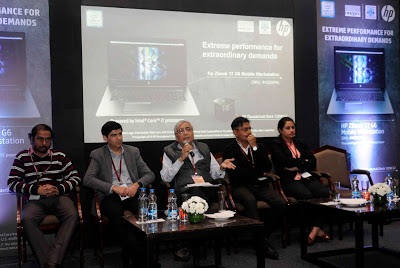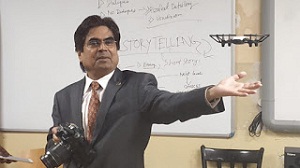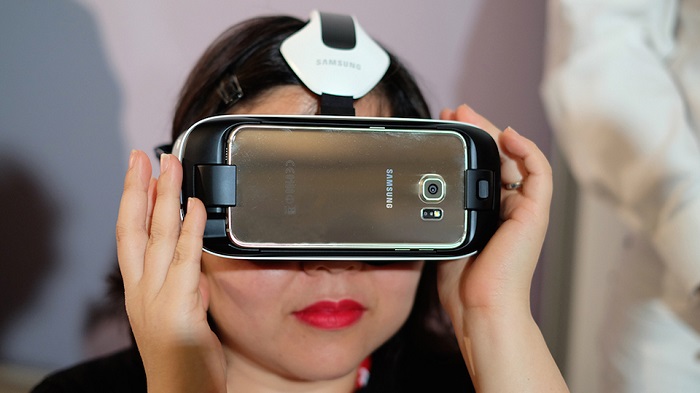
In July 2019, the State Government of West Bengal had announced to set up a Center of Excellence on Innovation at Salt Lake Sector I, dedicated to emerging technologies, with special focus on animation, VFX, AR-VR-MR-XR and more. (VR- Virtual Reality, AR- Augmented Reality, MR – Mixed Reality)
Webel, a nodal agency of the State Information Technology and Electronics (IT&E) Department joined hands with Maulana Abul Kalam Azad University of Technology (MAKAUT), earlier known as WBUT, to provide a B.Sc in animation, film making, AR-VR-MR-XR, VFX, 3D printing and so on, for a three-year degree course. The talent pool in these fields every year has been on the rise for a few years now with more students actually rolling in for these courses.
Lately in January 2020, under the able leadership of vice chancellor Prof. Dr. Saikat Moitra, MAKAUT has introduced a Faculty Development Programme (FDP) on VR, MR, AR and animation and VFX. This course is mainly to train faculty members of the University as well as its affiliated colleges. MAKAUT has 220 engineering colleges, 60 management and 28 independent colleges under its umbrella.

MAKAUT Emerging Technologies head Samir Mukherjee said, “With a considerable number of colleges, there are more than six lakh students with a huge infrastructure. From last year, we are focusing more on immersive techniques and reimagining the tech department. Today, corporate sectors are also looking for innovation and new technologies for projects. For instance – in the Architectural front, VR enables one to give a walkthrough the design rather than presenting a mere sketch. But in College, students are hardly aware of these. So we thought of giving lectures to 50 different college faculties so that they can imbibe it to students, including ours, every week. We connected to all engineering colleges and chose a few of them for their faculty and infrastructure. We trained them and shortlisted 21 of them.”
The popularity of immersive technologies has been significant, especially at the educational front indicating a shift in methods of teaching. Owing to that, MAKAUT has collaborated with almost 10 animation and VFX companies in Bengal like HiTech, iLead, and others which are well managed and growing with a strength of 600-800 people. In fact, MAKAUT has an AR-VR lab at their premises, the first Indian College.
Added Mukherjee, who travels overseas like Europe, Germany, China and so on to give lectures on emerging immersive technologies, “We’re also the first institute to provide B.Sc followed by M.Sc degrees in the said subjects. We have specific courses allocated and have associated with several colleges, universities, both nationally and internationally. We have connected with various international projects and organisations like World VR Forum (WVRF) Geneva of which I’m looking at the India part.

We wish to take up international projects, and need good writers who can write a good VFX or VR story. Or be a quick learner. Also, he/she should be able to make a story into a good VFX worthy story. I’m confident enough that in two years, we will be at par with other regions and produce work of international standards.”
He also noted that more than earlier, people are showing keen interest in these fields. The number of students taking up the stream of engineering is much more than what the country’s current demand is. With almost 54,000 engineers produced every year only out of MAKAUT, students are deprived of desired job opportunities. Thus, professors like Moitra and Mukherjee thought to innovate and connect mechanical engineering and electrical engineering into Robotics.
“VR-MR-AR, will be everywhere in a few years time. So, at MAKAUT we are focusing on preparing students for it. I have discussed with institutes like Adamas, and others so that they make a small lab and faculty department. Rather than a sketch, students can present VR drawings. We’re trying to put that kind of direction of ideology,” concluded Mukherjee.

